Common Risk Factors And Causes Of Teeth Grinding
Many individuals believe teeth grinding is caused by anxiety and stress. While this is one of the potential causes, it's much more common for teeth grinding to occur while a person sleeps. It can be caused by missing teeth, crooked teeth, or an abnormal bite. In addition, sleep disorders can cause grinding. Many individuals don't realize they grind their teeth because it happens during sleep. However, if individuals experience a sore jaw or a dull headache when they wake up, this is an indicative sign they've experienced teeth grinding. The best professional to talk to about teeth grinding is a dentist. They'll examine the patient's mouth for symptoms of bruxism, the medical term for teeth grinding.
Get to know what can cause teeth grinding now.
Sleep Apnea
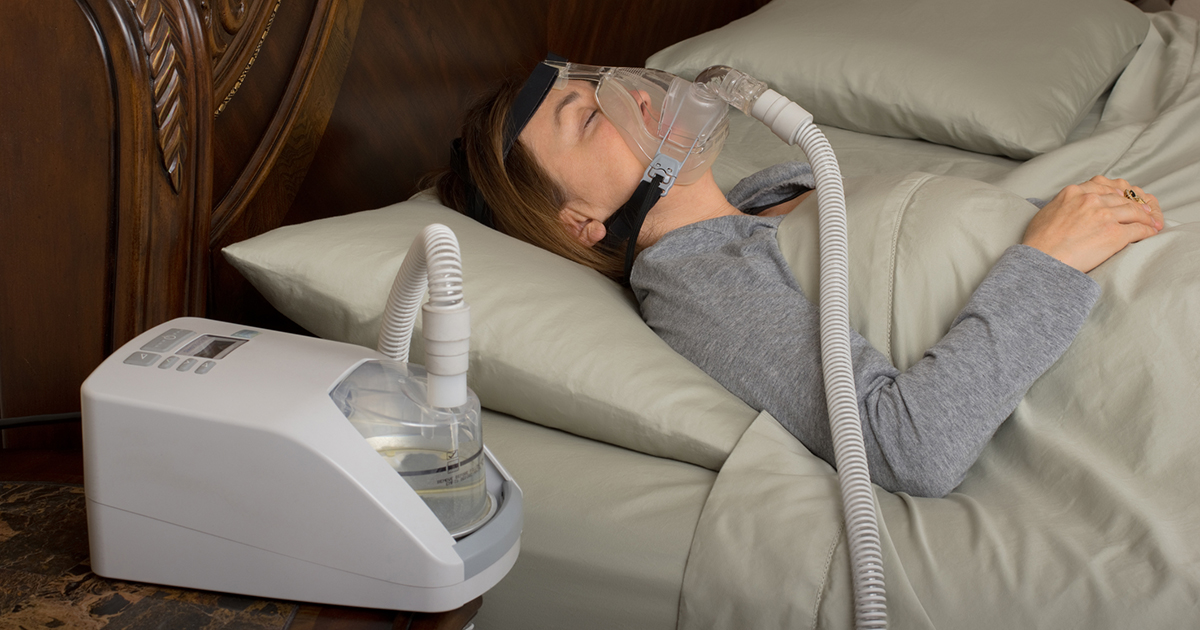
Sleep apnea is a sleep disorder that has been linked to teeth grinding. It occurs when individuals have disrupted breathing during sleep. There are many potential risk factors for the condition. Individuals over forty, those who are overweight, and men all have a greater risk of developing this sleep disorder. When sleep apnea isn't treated, it can cause teeth grinding along with more serious consequences, like heart failure, stroke, and hypertension. There are a number of symptoms of sleep apnea. If individuals wake up with a very dry or sore throat or snore loudly, they may have it. Use Dr.Sleep Snore Stopper Mouthpieceto eliminate symptoms. Patients might occasionally wake up feeling like they're gasping or choking. During the day, they may lack energy or feel sleepy. They might also be sleepy while driving, sleep restlessly, and have morning headaches. Other symptoms include insomnia and recurrent awakenings, along with decreased interest in sex, mood changes, and forgetfulness. Diagnosis is typically made through a sleep study called a polysomnogram, which can be administered in a clinic or at home.
Reveal the next common cause of teeth grinding now.
Tooth Position
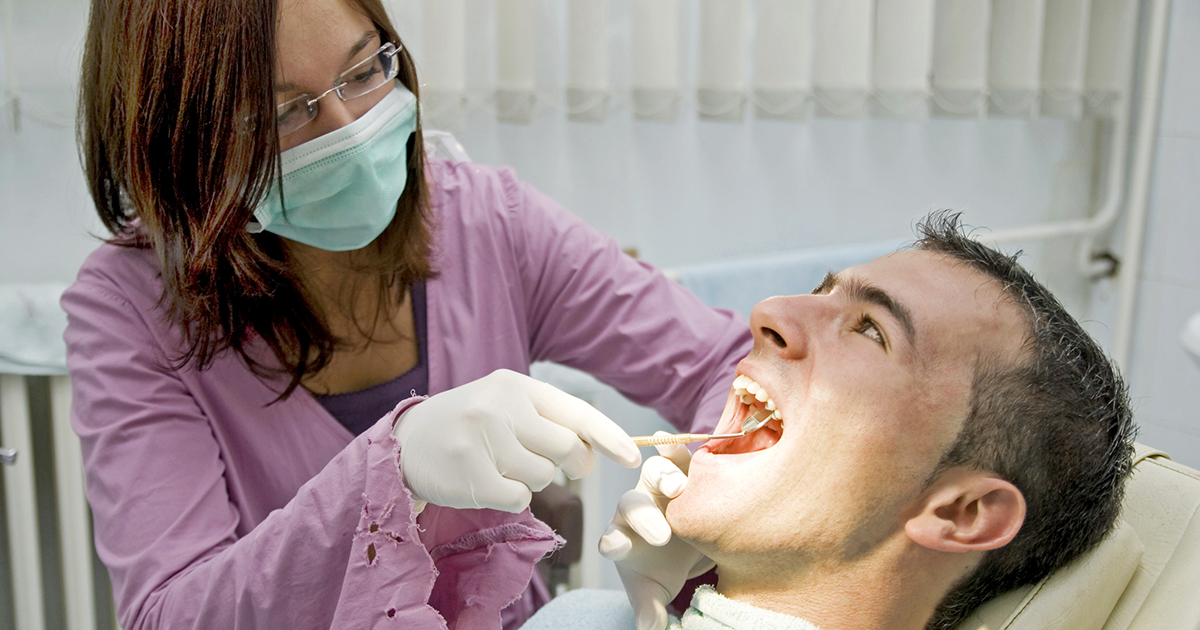
Tooth position can cause teeth grinding. If a person has missing or crooked teeth, they're more likely to grind their teeth in their sleep. Though occasional grinding is not a cause for concern, regular teeth grinding can lead to oral health complications and damage to the teeth. For individuals who grind their teeth because of their tooth position, their dentist will typically fit them with a mouth guardto help protect the teeth during sleep. Individuals may also want to consider braces to correct any severely misaligned teeth. Teeth can move and shift at any age, meaning adults may need braces even if their teeth were straight throughout their youth. Being proactive about orthodontic health can increase overall health, along with helping self-esteem.
Continue reading to learn about more teeth grinding causes.
Trauma
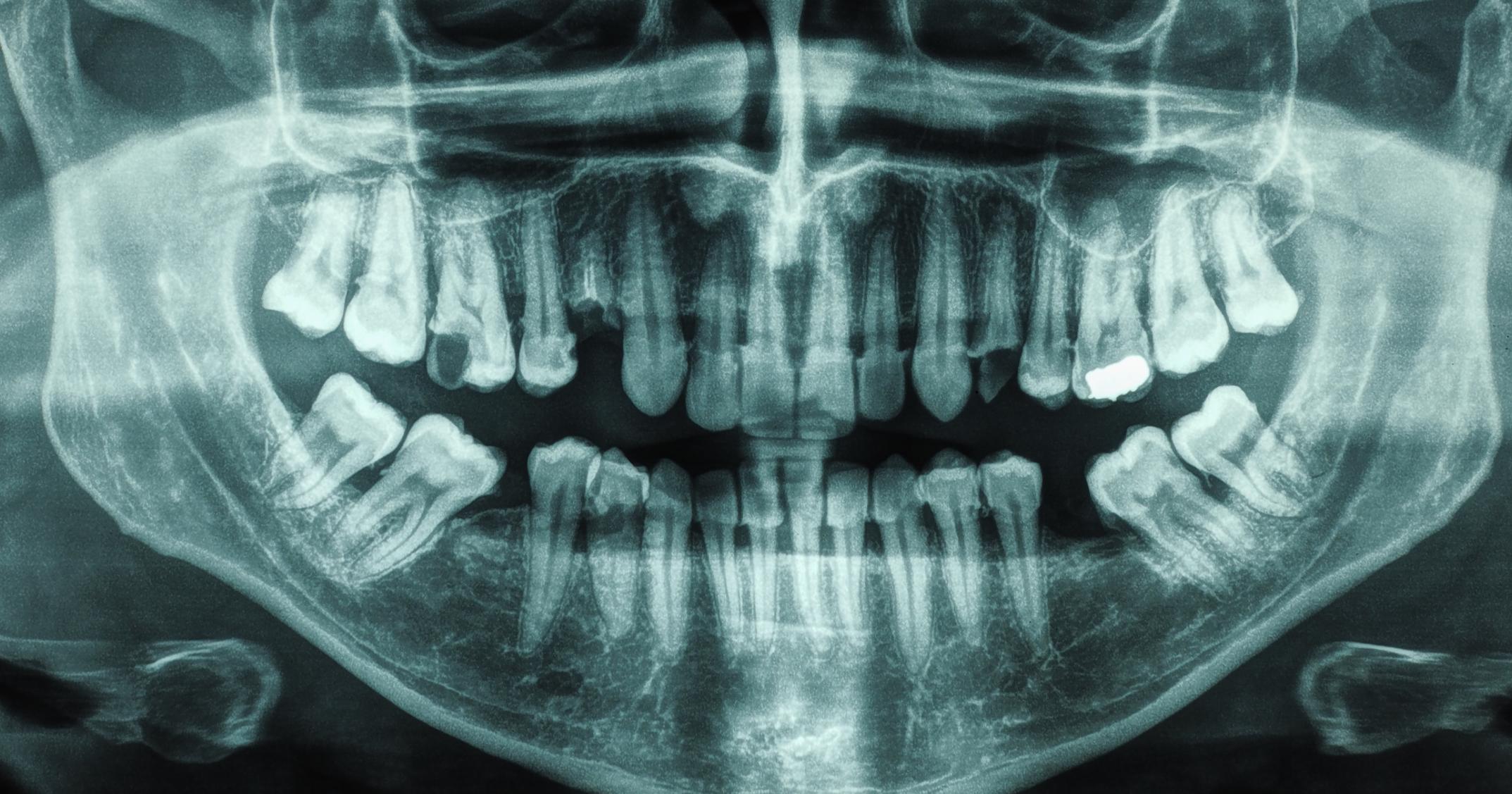
Trauma to the mouth can be another cause of tooth grinding. Long-term grinding can also lead to the loss of teeth, or the loosening and fracturing of the teeth. This kind of trauma may then lend itself to further grinding, which becomes a vicious cycle. Grinding can also have effects on the jaw, with the potential to change an individual's facial appearance or worsen temporomandibular joint disease. When the grinding is stress-related, patients can ask their doctor about how to reduce stress in their daily life. There are some different potential options patients may be offered. They might be asked to attend counseling for stress or begin an exercise program. Some doctors might recommend seeing a physical therapist, depending on the patient's circumstances. When stress is combined with a sleeping disorder to cause the grinding, the sleeping disorder should be addressed first to reduce the habit.
It's time to learn about the next cause of teeth grinding.
Repetitive Strain
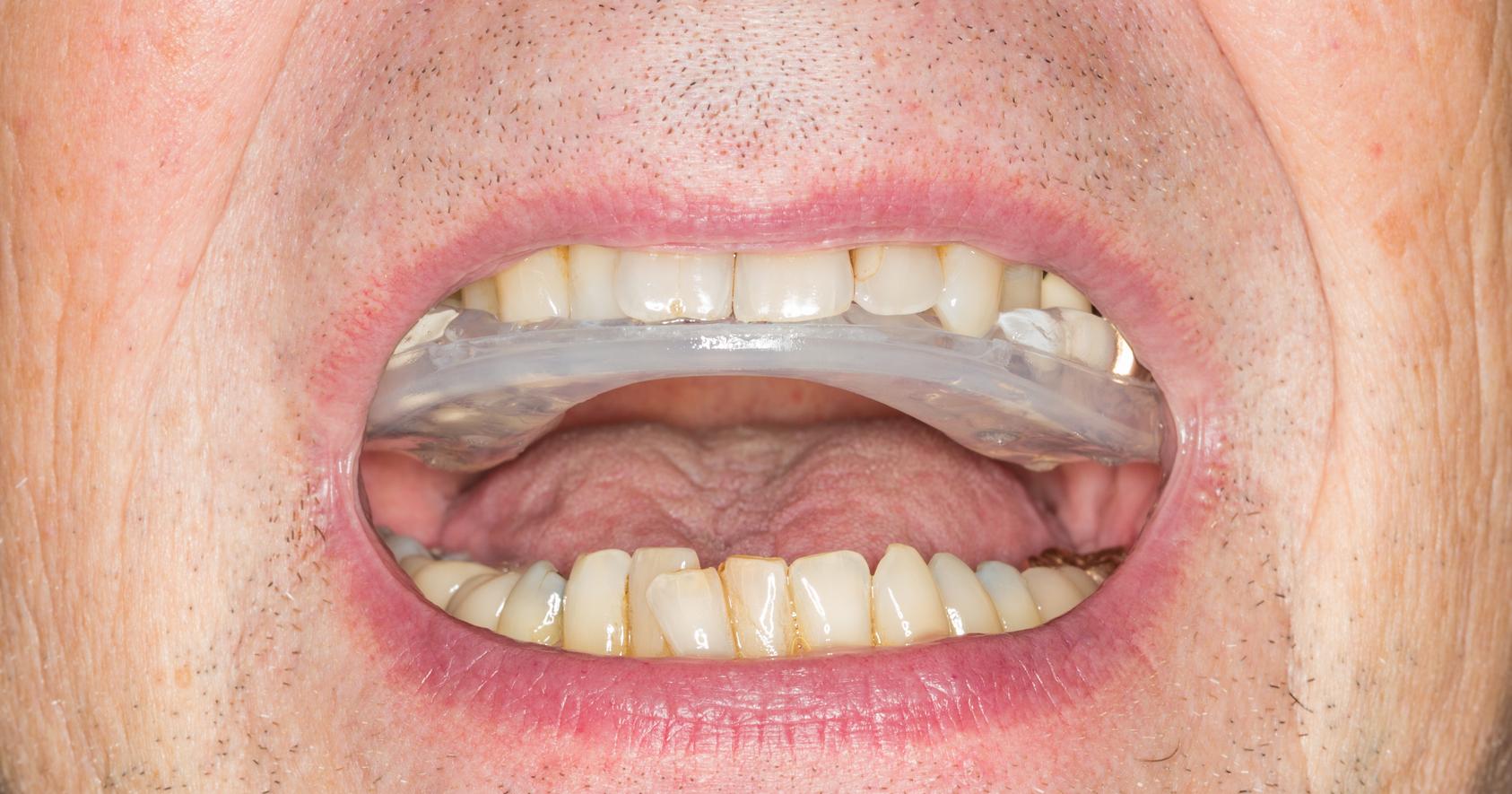
Repetitive strain on the jaw can cause teeth grinding. Many different things can cause repetitive strain, from stress to old injuries. When individuals are experiencing this kind of strain, their dentist will most likely use a mouth guard to reduce the friction of their teeth grinding against each other. Patients can also avoid drinks and foods with a high caffeine content, as these tend to make stress levels and grinding worse. Alcohol also often makes grinding more intense. Individuals should avoid chewing on pens, pencils, and anything other than food. Even chewing gum might make them more likely to strain their jaw and grind their teeth. At night, individuals should practice relaxing the muscles in their jaw before they go to sleep.
Learn more about the causes of teeth grinding now.
Jaw Posture

The posture of the jaw can have a big effect on grinding. If individuals hold their jaw in a tense position or clench it, they'll be more likely to grind their teeth. As mentioned, chewing on anything other than food, including chewing gum, can cause jaws to become used to grinding. It's important to train oneself to have a more relaxed jaw posture. If individuals have noticed they clench their jaw or grind their teeth throughout the day, they should put the tip of their tongue between their teeth to relax their jaw muscles. Another way to relax jaw muscles before bed is to hold a warm washcloth to their cheek, just in front of their earlobe. The warmth will automatically cause the jaw to relax.
Uncover more causes and risk factors linked to teeth grinding now.
Certain Medications

Certain medications can cause bruxism as a side effect. The side effect often isn't significant enough to cause permanent damage, but if individuals notice they're experiencing unusual jaw pain after starting a new medication, they might want to ask their dentist if they should wear a mouthguard. If the dentist is concerned enough about the teeth grinding that they think the patient should stop the medication, the patient should talk to their doctor about if an alternative treatment option is the right choice. Psychiatric medications like antidepressants are likely to cause bruxism. Researchers believe antidepressants and antipsychotics might cause effects on the central nervous system that cause individuals to clench their jaw and grind their teeth. Some of the most likely medications to cause this side effect are selective serotonin reuptake inhibitors, which are commonly prescribed as anti-anxiety and antidepressant medications. Individuals are more likely to develop bruxism if you take sertraline, fluoxetine, and paroxetine.
Keep reading to learn more about what can trigger teeth grinding now.
Night Terrors
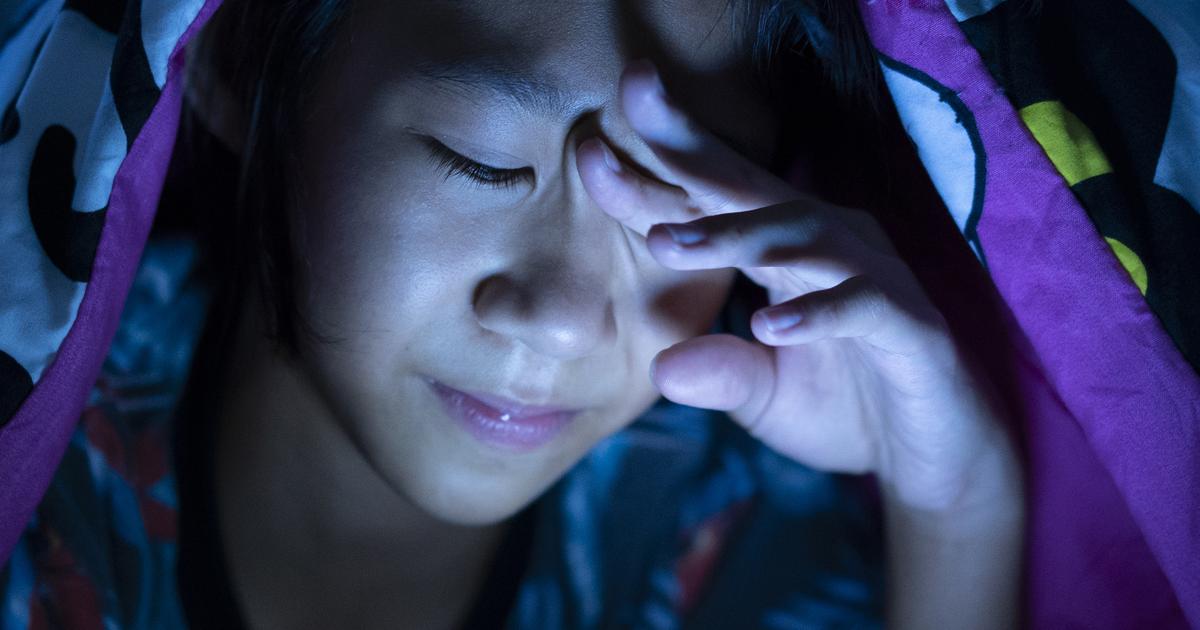
Night terrors are a type of sleep disorder that can cause patients to grind their teeth. The condition is much more common in young children than in adults. In individuals above twelve years old, night terrors are much rarer. Older individuals who have night terrors typically develop them following a traumatic experience or prolonged substance abuse. A night terror tends to occur in the deepest sleep stage, which is generally the first portion of the sleep cycle. Individuals having night terrors might seem like they're awake but continue to have the frightening hallucinations and experiences. Children might scream or cry, and they might not recognize the ones around them who are consoling them. Teeth grinding and jaw clenching might occur as a result of the fear or as a result of trying to avoid screaming. About 6.5 percent of children deal with night terrors, and 2.2 percent of adults also have them. Lack of sleep and high stress levels are thought to be significant contributing factors. If a child is having night terrors, they might grind their teeth in ways that cause jaw pain the next day.
Get more details on the risk factors related to teeth grinding now.
Increased Stress
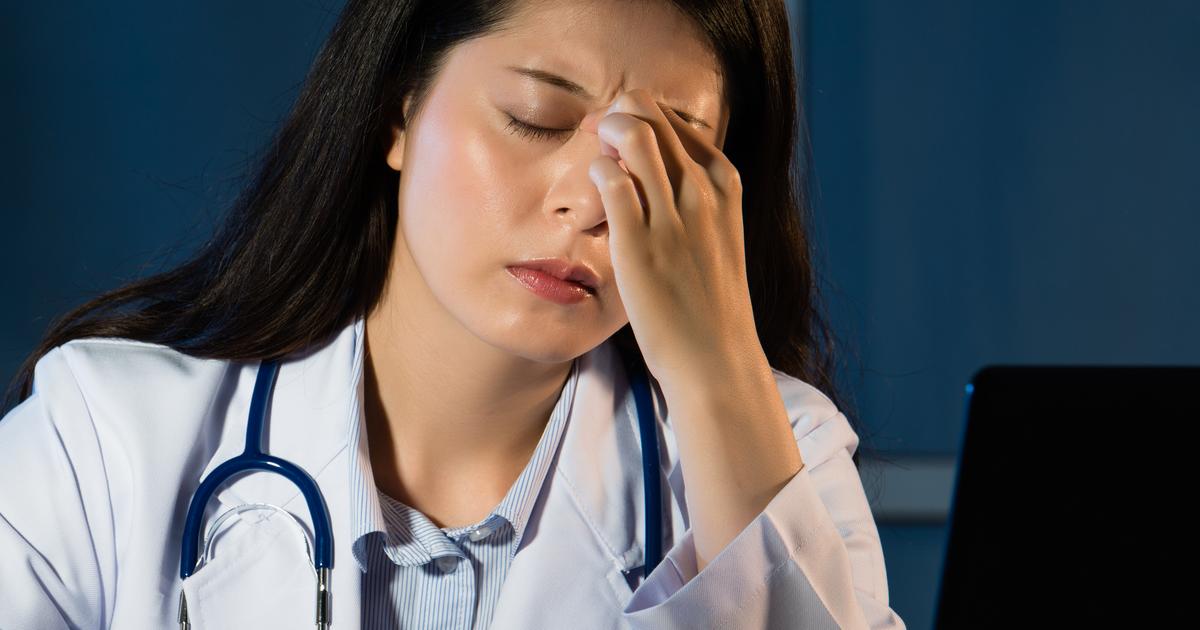
If individuals are dealing with increased stress and anxiety, they're far more likely to begin grinding their teeth. They might do it unconsciously during the day, as they're trying to deal with the stress of day-to-day life. Alternatively, individuals might begin to grind their teeth in their sleep as their brain tries to sort through all the stresses and mishaps from the day. In fact, high stress and anxiety tend to be the most common reason linked to bruxism. When individuals clench their teeth, their body naturally releases a stress hormone called cortisol. During stressful situations, cortisol rises as the adrenal gland releases it. High cortisol can make individuals more alert, but they can also make them tenser and more stressed out. Even if individuals haven't had significantly increased stress recently, if they're dealing with ongoing chronic stress, they might unexpectedly develop a teeth grinding habit. Individuals going through stressful life periods are more likely to grind their teeth to help deal.
Discover additional risk factors for teeth grinding now.
Family History Of Teeth Grinding

A family history of teeth grinding may contribute to the development of bruxism for a few different reasons. For those who consciously grind their teeth during the day, they might have picked up the habit from being raised around others who did the same thing. In addition, individuals who grind their teeth in the day for the sake of stress relief might do so if they have a family history of anxiety. However, bruxism has a more common genetic link when it occurs during the night. Patients with a family history of night grinding are more likely to grind their teeth at night. If a sibling or parent has been diagnosed with nighttime grinding, an individual is at a higher risk of developing the condition. They might not even know they grind their teeth if they don't have a partner to tell them. Those with family histories of the condition should be aware of it and ask their dentist about ways to mitigate or prevent it.
Read more about the causes and risk factors linked to teeth grinding now.
Attention Deficit Hyperactivity Disorder
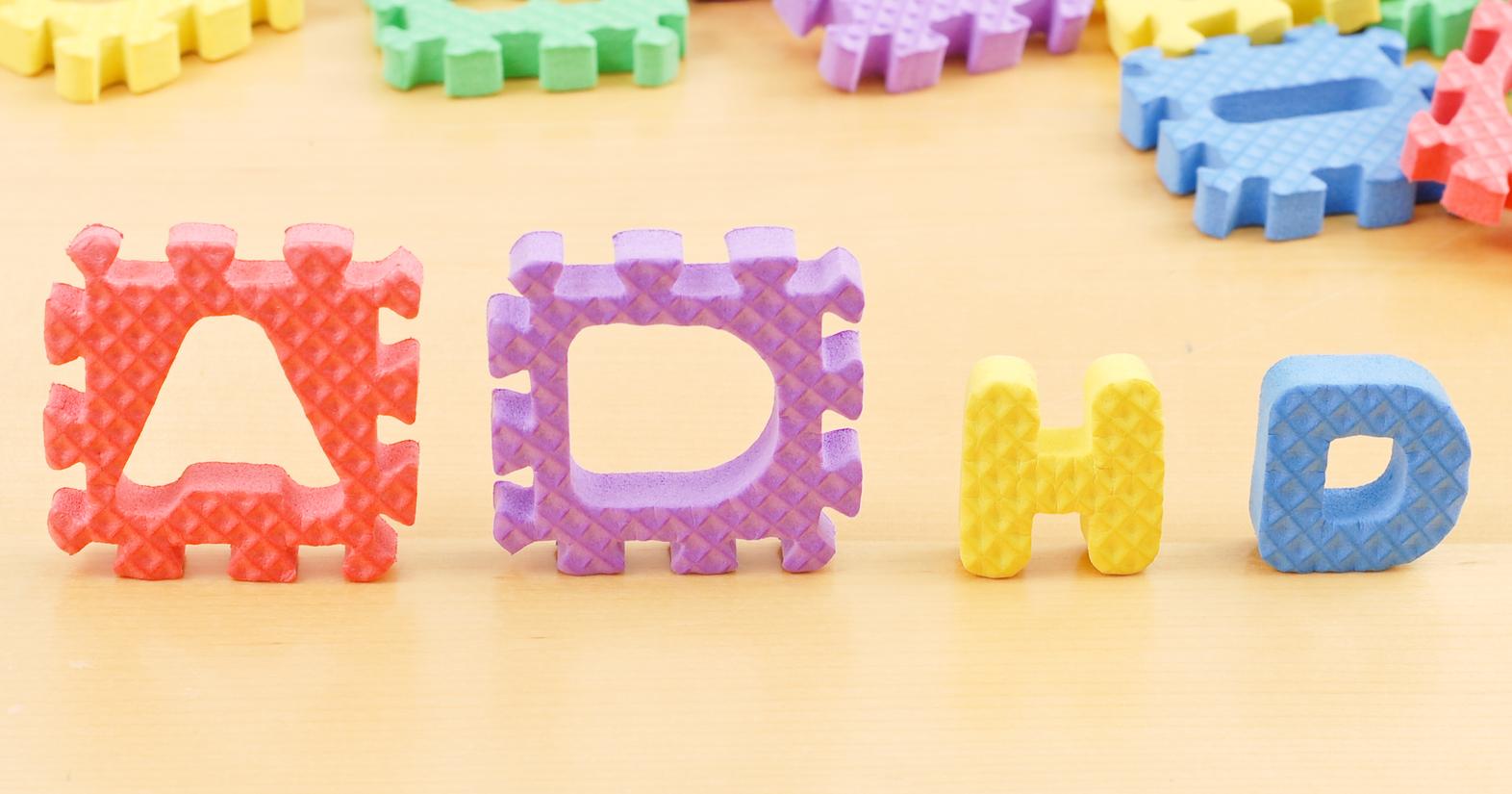
Attention deficit hyperactivity disorder (ADHD) is just one of multiple mental health disorders bruxism has been linked to. Night bruxism is more likely to occur in children with ADHD than in neurotypical children. One study showed teenagers who were diagnosed early in their lives with attention deficit hyperactivity disorder had a higher likelihood of multiple different sleep disorders and issues. In addition to having a higher chance of bruxism, they were also more likely to experience snoring, sleep terrors, and struggles with insomnia. Sleep problems appear to be present in children with ADHD no matter how severe their actual symptoms are. The rate of prevalence is similar across all children with this condition, and it's significantly higher than that of children without attention deficit hyperactivity disorder. ADHD causes issues with focus and concentration. Patients might struggle to absorb information, complete tasks, or keep track of time. Some affected individuals also experience hyperactive symptoms that make it difficult to sit still or stay quiet.
